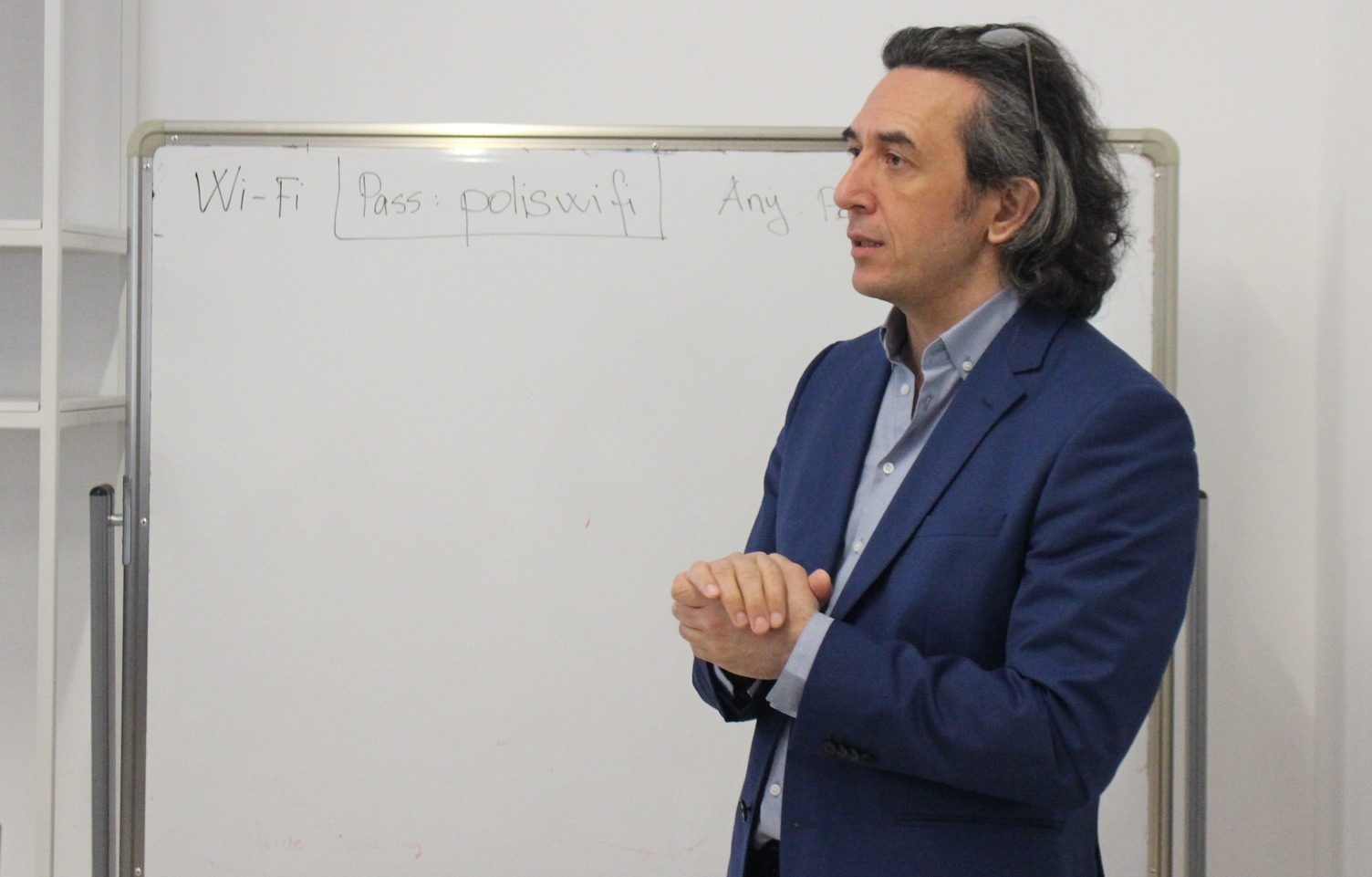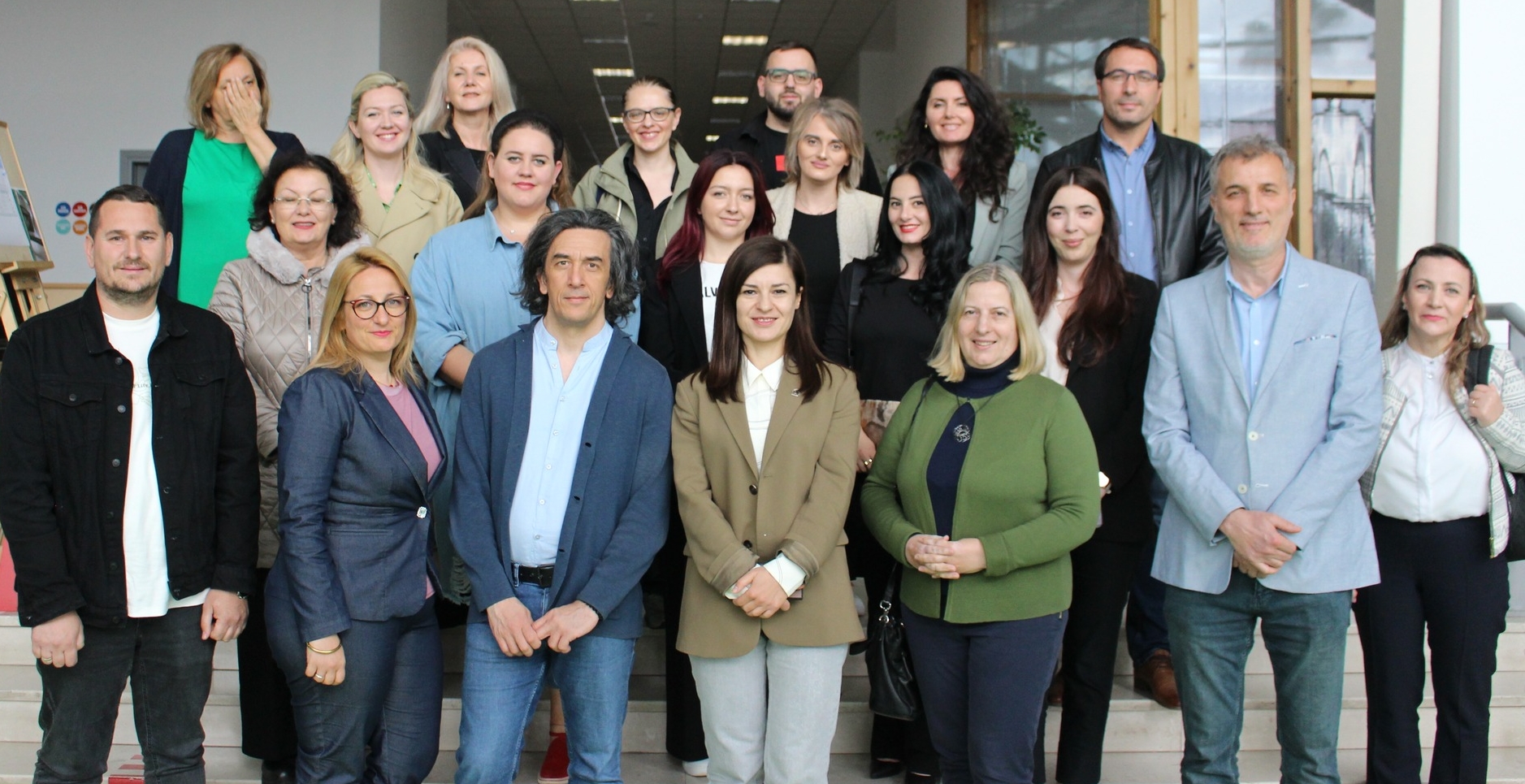Homo Digitalis: Training Workshop Held in Tirana
Training Workshop on Humanities Digitalization Under Homo Digitalis Project Held in Tirana

A groundbreaking training session (Agenda) on the digitalization of humanities, part of the innovative Homo Digitalis CBHE project, was successfully held in Tirana. This forward-thinking initiative aims to merge cutting-edge digital technologies with the study of humanistic disciplines, paving the way for exciting new developments in research, education, and cross-disciplinary collaboration.
Participants at the workshop gained invaluable insights into how digital tools can revolutionize access, analysis, and interpretation within the humanities. The session not only deepened participants’ expertise but also fostered new professional networks, opening doors for future collaboration and the exchange of innovative ideas in the field.
The event received overwhelmingly positive feedback from attendees, who praised the workshop’s engaging content and the practical applications of the digital tools demonstrated. Participants were especially appreciative of the opportunity to explore how digitalization can enhance both research and teaching in the humanities, describing the experience as both transformative and highly relevant to the evolving landscape of their disciplines. The lively discussions and collaborative spirit throughout the workshop further highlighted the significance of such initiatives in bridging the gap between technology and the humanities.
Hosted by POLIS University, the event was further enriched by the university’s warm hospitality, creating a truly inspiring atmosphere that left a lasting impression on all attendees. This workshop marks a key milestone in the Homo Digitalis project and underscores the growing synergy between technology and the humanities.
We extend our heartfelt thanks to the organizers, presenters, and all participants for making this event a resounding success. Together, we have set the stage for future innovations and collaborations that will continue to push the boundaries of digital humanities.
